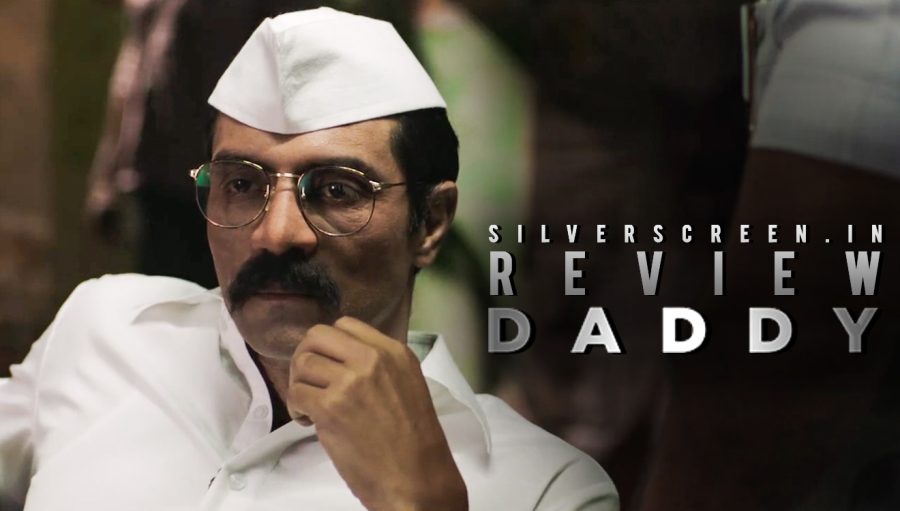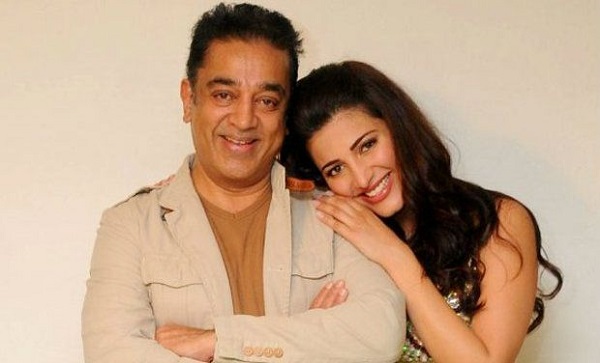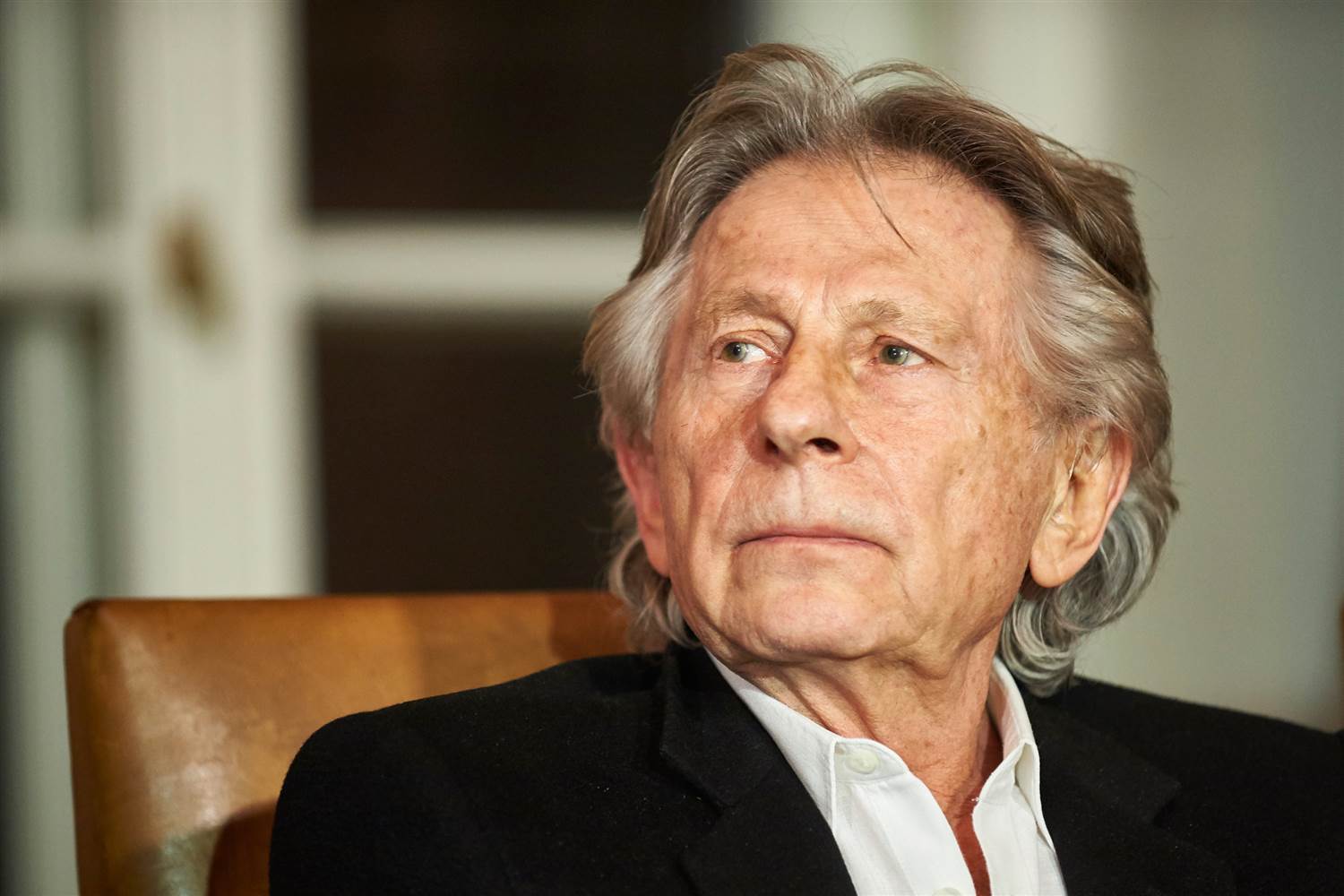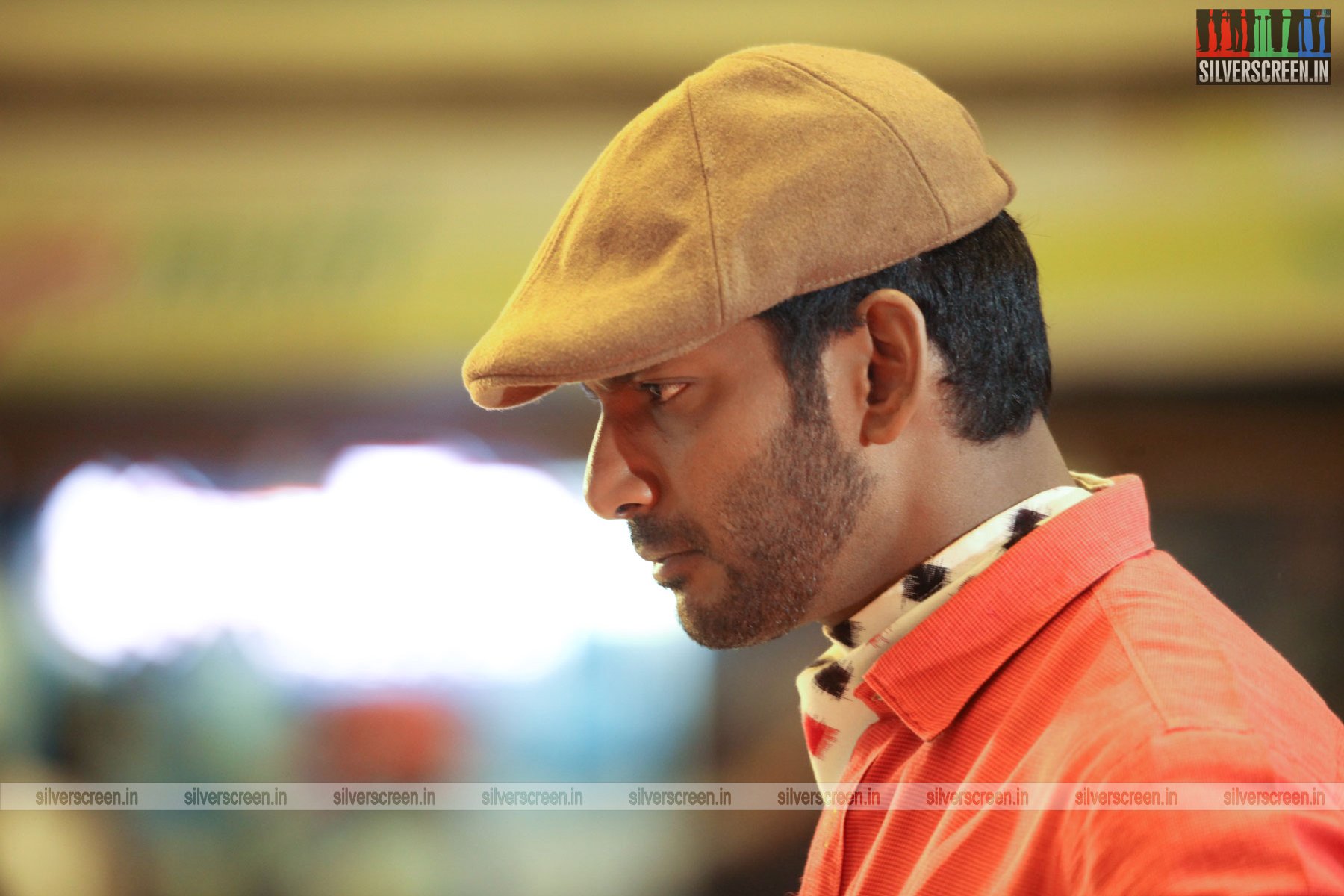Arun Gawli, the Byculla Company gang leader, is far more interesting compared to his arch-nemesis Dawood Ibrahim. It is known that Dawood lived a lavish life, displayed his eccentricities quite openly, and his master plans. But Gawli, who isn’t featured much in pop culture compared to Dawood, will always be known as the man who drove several members of the D-Company to flee Mumbai because of his brutal ways. And who also took the step of emerging as a public leader – becoming quite a formidable figure in front of police and politicians.
Ashim Ahluwalia’s Daddy, though, makes Gawli a far less interesting figure. Granted the setting is stylish and takes one to that period. But it does little to save the audience from the dialogues that are mostly whispered, not uttered, and plot that instills far too many yawns.
*****
The film begins with the murder of an MLA set in present times. A gunshot and the first person held responsible is Gawli. But we don’t meet the man until nearly-retired police officer Vijaykar (Nishikant Kamath) visits people who know Gawli too well.
Shuttling between several time periods, bits and pieces of Gawli’s story is told from various people peppered with various perspectives. To the common folk at Dagdi Chawl, Gawli is a hero who rose from nothing to something. To politicians and officers, he’s still a gangster.
While the film focuses on Gawli’s rise, characters around him are introduced too and how they were instrumental in the protagonist’s rise. The people who have always been by his side such as his wife Zubeida (Aishwarya Rajesh), and his henchmen (some survive, and some get killed in police encounters and gang wars) are enough reasons to show that albeit a powerful figure, he’s still pretty grounded to reality.
The narrative also weaves in the several killings and gang wars that ensued, particularly after one of the Byculla Companny gang leader Rama Naik (Rajesh Shringarpure) gets killed.
*****
Given how biopics are revered as the harbinger of a new kind of storytelling in Bollywood, it’s always a hit or a miss. There’s no middle ground. Dangal was a massive hit, but something like Sarbjit failed to stir up much of a dialogue about the person in question. Daddy, too, appears to be treading down a similar path.
The research shows, so does the hard work towards getting the look and setting right. But the story’s execution is when things begin to look dreary. Wooden expressions are aplenty. So are the dialogues.
A scene that ought to explain why the film’s title is called ‘Daddy’, a supposedly touching one, elicits barely any emotions. It happens soon after Gawli, older and wiser, gets out of jail and addresses a gathering at Dagdi Chawl during election time. While talking, his daughter Geeta interrupts him with a picture she’s just drawn. The words are written in English.
“Since it’s in English, read it out to me,” he says.
“Daddy, welcome home!” she reads, and the crowd erupts with huge applause and chant ‘Daddy’, ‘Daddy’.
That’s it. The scene shifts and another vapid conversation takes place.
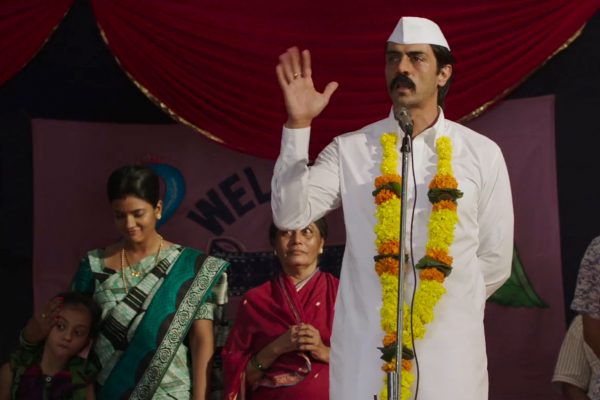
Also, for some inexplicable reason, every character sports a perpetual scowl and always converses in a feeble tone, mostly in whispers. Without subtitles, plus an accent that switches between a regular Hindi to a Marathi one – it’s all too difficult to keep up especially when characters pop in and out of the screen.
*****
Arjun Rampal as the titular character, for the lack of a better word, is far from engaging. He drones on in his monologues that evoke zero sympathy or emotions. There’s a lot that’s missing, even if he gets the look right.
Farhan Akhtar, who tries his best to emulate Dawood Ibrahim Maqsood bhai barely convinces one, forget enthralling the audience in a surprise extended cameo. With considerable screen time, especially in the first half, his character mostly lies wasted, with the makers focusing on his eccentricities and the food he eats as opposed to why he’s supposed to be considered quite a big deal. No explanation, no reason. He wears expensive clothes, has people taste his food before he eats, and throws lavish parties, ergo he must be someone rich and important.
Recommended
Aishwarya Rajesh as Zubeida, Gawli’s wife, gives a performance that’s little to write home about. She’s not wooden nor out of place, but given her usual stellar performances in Tamil cinema, this one might be a forgettable one. She’s promising, still.
Nishikant Kamath as Inspector Vijaykar isn’t so bad either. Playing a cop who pretty much chased Gawli through out his career, Kamath’s Vijaykar during the present times comes across as a bumbling, old cop but with revenge in mind.
While the music by Sajid-Wajid wavers between too jarring or too perfect, it’s the set design and props that really save the film. Or at least try to.
*****
The Daddy review is a Silverscreen original article. It was not paid for or commissioned by anyone associated with the movie. Silverscreen.in and its writers do not have any commercial relationship with movies that are reviewed on the site.
